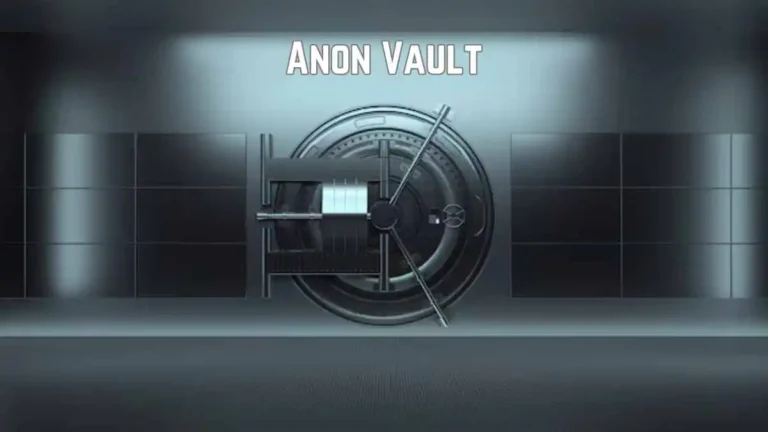Understanding SOA OS23: Italy’s Key Demolition Certification
When it comes to public construction and demolition projects in Italy, strict regulations ensure that only qualified companies can participate. One such qualification is SOA OS23, a specific certification dedicated to the demolition sector. This credential plays a crucial role for companies aiming to compete for public demolition contracts, ensuring that their skills, resources, and compliance meet established national standards.
What is SOA OS23?
SOA OS23 is a recognized certification category within Italy’s broader SOA (Società Organismo di Attestazione) qualification system. The “OS23” designation specifically covers demolition activities. Any company that wishes to bid for public contracts involving building dismantling, structure removal, or large-scale demolition work must hold this certification.
This requirement is not a casual administrative step; it represents a formal acknowledgment that the company is capable of carrying out demolition operations safely, legally, and effectively. Without SOA OS23, a business cannot even submit an offer for such public tenders.
Why the SOA System Exists
The SOA certification system was introduced to bring transparency, quality control, and accountability to public works in Italy. Since public contracts involve taxpayer money and community infrastructure, the government imposes strict eligibility criteria.
SOA certifications, including OS23, serve several purposes:
- Guaranteeing quality standards in execution and safety.
- Ensuring legal compliance with Italian construction and safety regulations.
- Preventing unqualified companies from winning tenders based solely on low prices.
- Maintaining fair competition between qualified bidders.
In this way, the SOA framework protects both the public interest and the reputation of the construction and demolition industry.
Scope of SOA OS23 Certification
The OS23 category focuses exclusively on demolition. This can include:
- Tearing down residential or commercial buildings.
- Dismantling industrial plants.
- Removing obsolete infrastructure like bridges or towers.
- Selective demolition where only certain parts of a structure are removed.
- Specialized dismantling techniques, such as controlled explosions or high-reach machinery.
While demolition may appear straightforward to outsiders, it involves a blend of engineering expertise, environmental awareness, and safety management. The OS23 certification confirms that the company is equipped to manage all of these aspects.
The Certification Process
Obtaining SOA OS23 is not an overnight process. It requires companies to demonstrate both technical and administrative competence. The general steps include:
- Application Submission – The company applies through an authorized SOA body, providing detailed information about its operations, staff, and past projects.
- Document Verification – The certifying body examines licenses, safety records, and tax compliance.
- Financial Capacity Check – Evidence of the company’s economic stability is required to ensure it can sustain large-scale projects.
- Technical Assessment – The company must show proof of experience in demolition projects of various sizes and complexities.
- Compliance with Safety Standards – Proof of adherence to workplace safety laws and use of approved demolition methods is mandatory.
Only after passing all these checks does the company receive the SOA OS23 certification, valid for a set period before renewal is needed.
The Importance of Safety in Demolition
One of the main reasons OS23 exists is to uphold safety in what is inherently a high-risk activity. Demolition work involves heavy machinery, unstable structures, and potential exposure to hazardous materials. Improper execution can result in accidents, environmental damage, and legal consequences.
By requiring companies to obtain SOA OS23, Italian regulations ensure that only trained professionals with proper safety protocols can take on such work. This reduces the likelihood of accidents and guarantees better protection for workers and the surrounding community.
Legal and Contractual Benefits
Holding an SOA OS23 certification provides more than just legal eligibility for tenders—it also offers strategic advantages:
- Access to Larger Projects – Many public contracts in Italy are only open to certified companies, so OS23 opens the door to lucrative opportunities.
- Improved Reputation – Certification signals professionalism and competence to clients, partners, and stakeholders.
- Reduced Risk of Disqualification – Without OS23, any bid for a demolition contract would be rejected immediately.
- Compliance with Environmental Regulations – The certification confirms that the company follows required procedures for waste disposal and pollution prevention.
Renewal and Maintenance
The SOA OS23 certification is not permanent. Companies must renew it periodically, which involves another review of their technical, financial, and legal compliance. This renewal process ensures that certified businesses remain up to date with industry standards and regulations.
If a company fails to maintain its certification, it loses the right to bid on public demolition projects until it regains compliance.
Challenges in Obtaining SOA OS23
While the benefits are clear, the path to certification can be demanding:
- Extensive Documentation – Applicants must gather and submit detailed project records, safety documentation, and financial reports.
- Time Investment – The review process can take several weeks or months, depending on the completeness of the application.
- Strict Standards – Even minor non-compliance in safety, taxation, or past project quality can delay or prevent approval.
Because of these challenges, many companies work with consultants who specialize in guiding applicants through the SOA process.
The Role of Technology in Demolition Certification
Modern demolition relies heavily on advanced equipment and technology. Companies seeking SOA OS23 often invest in:
- Remote-controlled demolition machinery for precision work.
- Dust suppression systems to minimize environmental impact.
- Structural analysis software to plan safe dismantling sequences.
By incorporating technology, certified companies can meet—and often exceed—the standards required for OS23, enhancing both safety and efficiency.
SOA OS23 and Environmental Responsibility
Another important dimension of SOA OS23 certification is environmental stewardship. Demolition projects can generate significant waste, including hazardous materials like asbestos. Certified companies must follow legal procedures for:
- Separating recyclable materials from debris.
- Disposing of hazardous waste through licensed facilities.
- Limiting noise, dust, and vibration in populated areas.
These environmental protections ensure that demolition does not harm local communities or ecosystems.
Conclusion
SOA OS23 is far more than a bureaucratic requirement—it is a safeguard for quality, safety, and professionalism in Italy’s demolition sector. For companies aiming to compete in public tenders, obtaining this certification is essential. It demonstrates not only technical capability but also a commitment to lawful, safe, and environmentally responsible practices.
In a field where mistakes can have serious consequences, SOA OS23 serves as both a gatekeeper and a mark of excellence. For clients, it offers peace of mind. For companies, it opens the door to valuable opportunities while reinforcing industry credibility.






